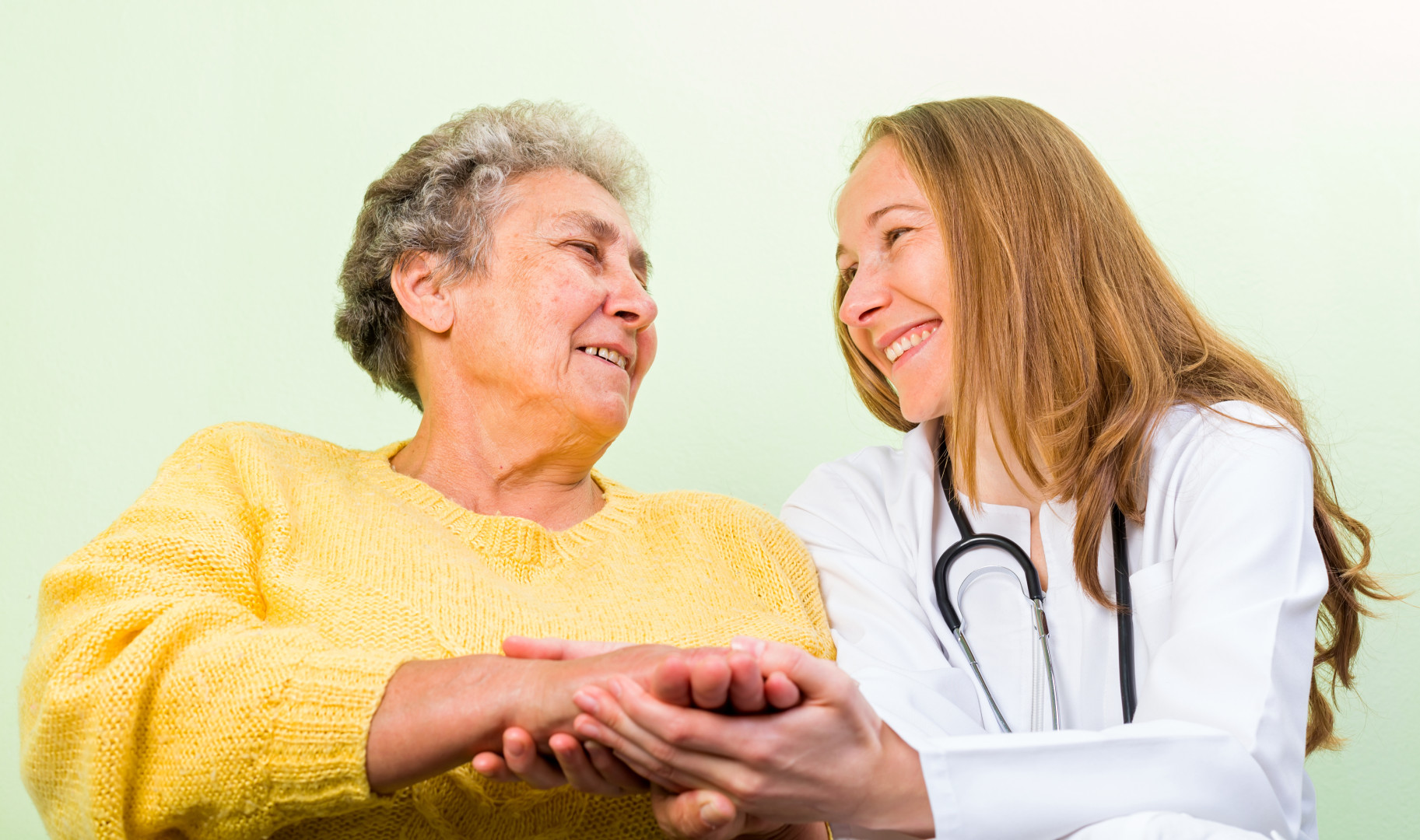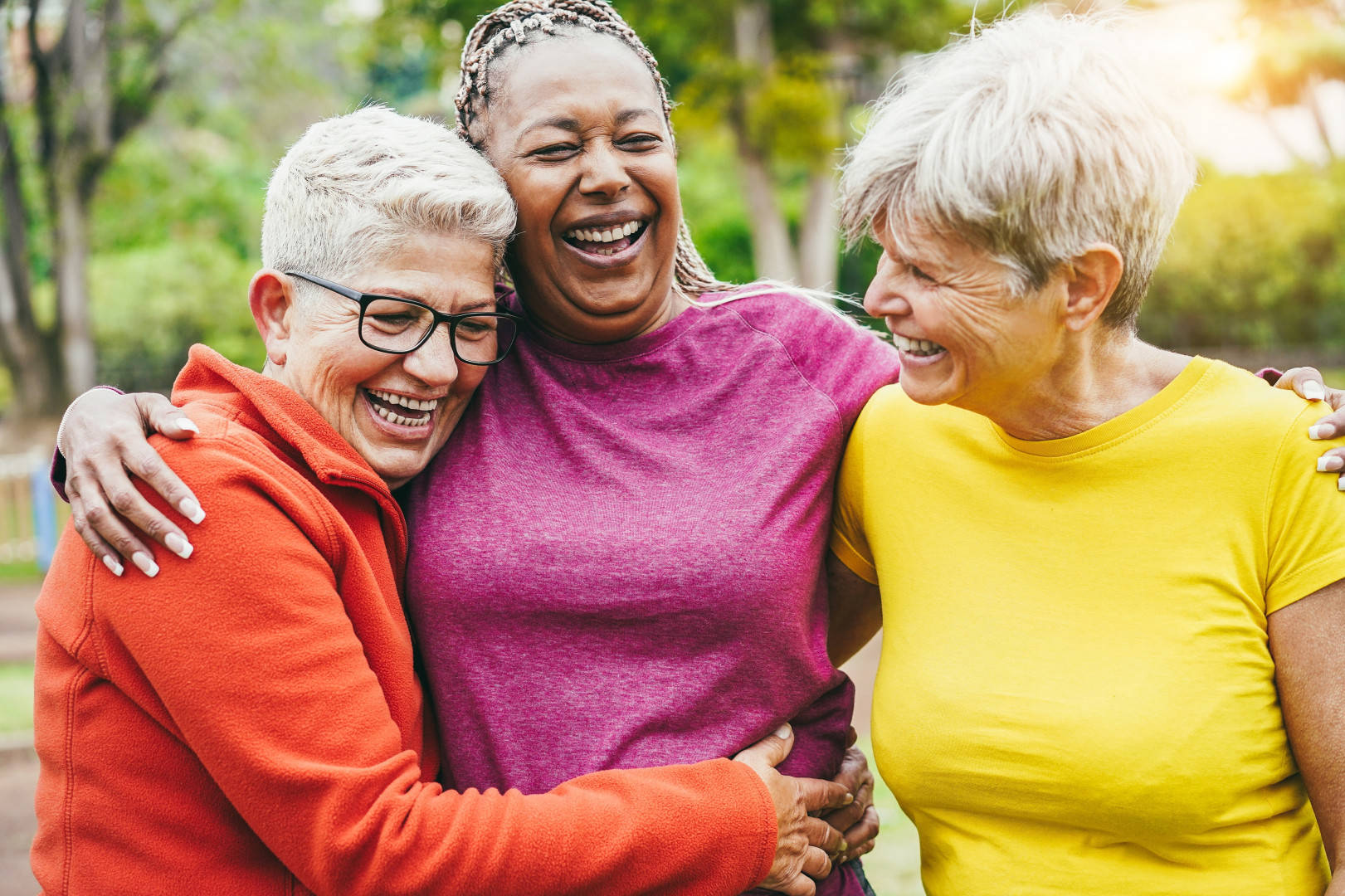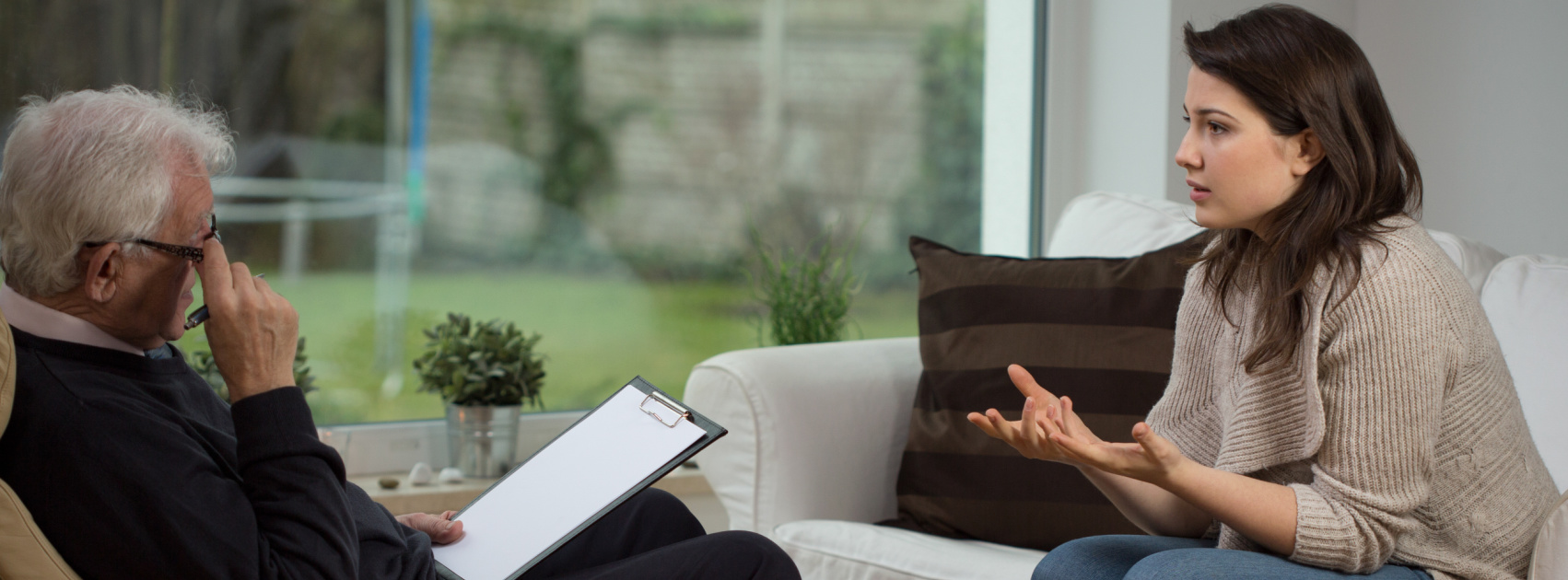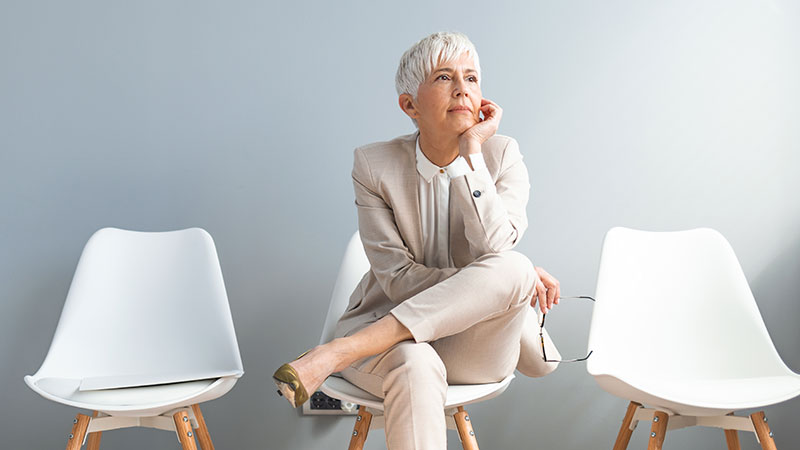
Making the Holidays Easier for Your Loved Ones with In-Home Senior Care in Windsor The holiday season is a time of joy and togetherness, but it can also bring unique challenges for seniors and their families. Whether it’s managing holiday preparations or navigating seasonal stress, Windsor senior care from Amy’s Helping Hands can help make the holidays more enjoyable and stress-free for your loved ones in Windsor Essex. How In-Home Senior Care in Windsor Essex Can Help Here’s how our compassionate and professional caregivers can ease the holiday burden for your senior loved ones while ensuring they stay safe, healthy, and happy. Help with Holiday Preparations The holidays often come with an array of tasks, from decorating to preparing festive meals. For seniors, these activities can be physically demanding or even unsafe. Our caregivers can assist with light housekeeping, meal preparation, and decorating, making the season more festive without adding unnecessary stress. This support ensures your loved one can enjoy the holiday spirit without overexerting themselves.…

A Helping Hand: A PSW's Compassionate Care Gives Us Peace of Mind As our parents aged, we knew we couldn't always be there to provide the level of care they needed. That's when we turned to Amy's Helping Hands, a local personal support worker (PSW) agency, for assistance. From the moment our PSW arrived at our parents' home, we were impressed by her warmth and compassion. She quickly established a genuine connection with our parents, making them feel comfortable and at ease. Her dedication to providing exceptional care was evident in every interaction. She expertly assisted with their daily needs, from bathing and dressing to meal preparation and medication management. But beyond the physical care, she went above and beyond to engage them in meaningful conversations, share stories, and bring laughter into their lives. We were particularly grateful for her unwavering patience and understanding. She recognized that our parents sometimes struggled with their limitations and always treated them with the utmost respect and dignity. Her presence…

Caring for Your Partner? Here’s How to Maintain Appropriate Boundaries Caring for an aging loved one can be a rewarding experience, but it can also be challenging, especially when trying to balance your own needs and responsibilities. In-home care can provide invaluable support, but it's essential to establish boundaries to maintain a healthy relationship with your partner and the caregiver. Here are a few tips to help you navigate this dynamic: Communicate Openly: Discuss your expectations and concerns with your partner and the caregiver. Clearly outline the tasks and responsibilities of each party. Regularly check in to ensure everyone is on the same page. Set Realistic Goals: Work with the caregiver to create attainable goals for your partner's care. Avoid overloading the caregiver or setting unrealistic expectations. Celebrate small victories and progress along the way. Respect Privacy: Respect your partner's right to privacy and dignity. Allow them to maintain their independence as much as possible. Encourage the caregiver to knock…

Finding Balance: How In-Home Senior Care in Windsor Frees Up Your Time While Providing Quality Care Caring for an aging loved one is a rewarding yet demanding task that can consume a significant amount of your personal time. If you're balancing caregiving with other responsibilities in Windsor, Ontario, you might find yourself overwhelmed and stretched too thin. Amy's Helping Hands offers a solution through professional in-home senior care in Windsor and the surrounding areas, providing high-quality support for your loved one while giving you more time to manage your own life. Let’s explore how this service can help you achieve a better balance. Personalized Senior Care Plans Amy’s Helping Hands understands that each senior has unique needs. Our personalized senior care plans are designed to provide tailored support, ensuring that your loved one receives the specific care they require, whether it’s help with daily activities, medication management, or companionship. This individualized approach not only ensures optimal care for seniors but also alleviates your responsibility…

Elder Care Mediation Eases Family Conflict While Caring for Senior Parents It is common to have even the closest siblings to have disagreements when it comes to meeting the needs of their parents. Emotions and stress can run high and at times past family dynamics can arise. This can lead to conflicts while caring for loved ones. When it comes to family members, money, medical treatments, living arrangements and caregivers assignments can cause problems to arise. These issues can cause tension and would require communication and compromise to find a solution. Even with the best of intentions, it can be difficult to find common ground with our siblings when it comes to care for our aging parents. This is a situation and can often cause unresolved issues and complex family dynamics. However there can be a solution that many family members are not aware of: enlisting the assistance of an elder mediator. A mediator can be a tremendous helpful resource in navigating these challenging situations and helping to find a solution that works for the whole family. A mediator…

How Can You Be a More Patient Caregiver? Practice! Does your blood pressure soar once you finally finish filling your cart with groceries, simply to find only one checkout lane open and a line of aggravated shoppers ahead of you? Or when you arrive five minutes early for a doctor’s appointment, only to have to wait 45 minutes to be seen? Some people just appear to project an inherent sense of patience, regardless of the circumstances. Wouldn’t you love to know their secret, particularly when it comes to learning to be a more patient caregiver and provide better care for a loved one? Thankfully, you can increase your level of patience in much the same way that you increase your endurance in exercising – through practice. Try the following tips to strengthen your caregiving patience muscles: How Can I Become More Patient? Intentionally put yourself in circumstances that require patience. Let someone go ahead of you the next time you are standing in line. Make yourself wait a few moments (or more!) before checking your phone. Strike…




















